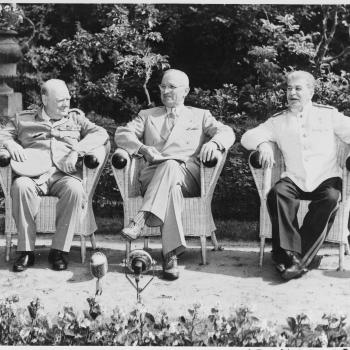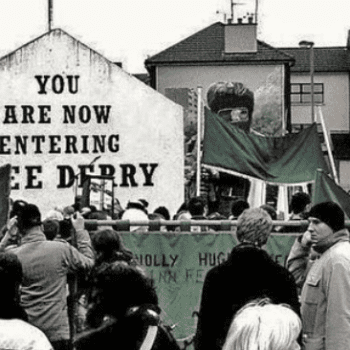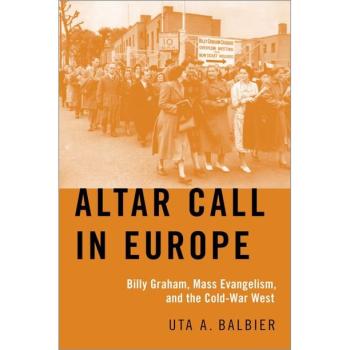Almost exactly 30 years ago in June of 1989, I traveled to Europe for the first time—spending the summer in what was then routinely called “Eastern Europe,” those countries behind the “Iron Wall.” In particular, I traveled to Poland, Hungary, Romania, and what was then known as Czechoslovakia. I had gone with a Christian organization to deliver medical supplies and to meet up with several beleaguered Christian communities, all of which lived under governments officially committed to Marxist atheism.
Anniversaries concentrate the mind, and I hope to reflect on this experience more in the coming months as the annus mirabilis 1989, and especially the fall of the Berlin Wall in November, is publicly remembered after 30 years. Permit me here to record some of the most salient memories:
-The young guard at the border between Austria and Czechoslovakia acting as if his machine-gun were a guitar and mentioning the name Michael Jackson once he found out that I was an American.
-The presence of the newly revitalized political party, Solidarity, handing out leaflets, t-shirts, and pins in Warsaw.
-Having a young man tell me he would have committed suicide if it were not for Solidarity.
-Falling head over heels for a Polish woman, Beata, and ruefully experiencing the language barrier between us.
-The distinctive smell of urban, industrial squalor, Communist-style.
-Stores that carried only one kind of toothpaste.
-Visiting Auschwitz near Krakow and unsuccessfully trying to make sense of the place.
-Being robbed near Katowice.
-The long lines for food, especially in Poland and Romania.
-The relatively well-stocked stores in Hungary, which had begun to open to market reforms.
-The ubiquitous propaganda of the dictator Nicolae Ceausescu in Romania.
-Being asked at the border between Hungary and Romania if we were carrying any Bibles or pornography—both equally problematic sources of Western infiltration in the eyes of the Romanian communist government!
-Waiting hours and hours at border crossings.
-Having to meet clandestinely with a church group in the countryside of Transylvania, because it was illegal for Romanians to host Westerners in their homes.
-Seeing many Roma or “gypsy” communities in Romania.
-The plight of a Romanian family desperately trying to teach their children English so that they could experience a better future.
-Observing the packs of urban wild dogs in the streets of Bucharest.
-Seeing how many people and stuff could be crammed into the small government-issued cars.
-Witnessing one of our Romanian hosts being terror-stricken one evening when he felt that the secret police had discovered that we were guests in his home.
-Having to deal with the categorical absence of toilet paper in any public restroom.
-Finding out that Romanians were rationed two eggs per person per month.
-Trying to come to grips with how certain political ideas—traceable in complex ways back to Karl Marx and filtered through the Bolshevik Revolution and the outcome of World War II—had been realized in these countries, immiserating the lives of the many beautiful people whom I met













